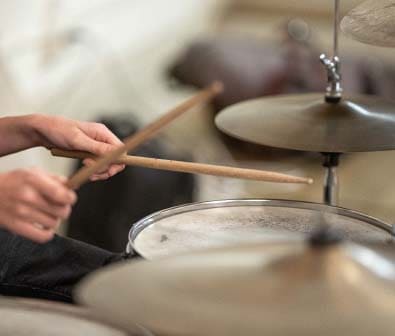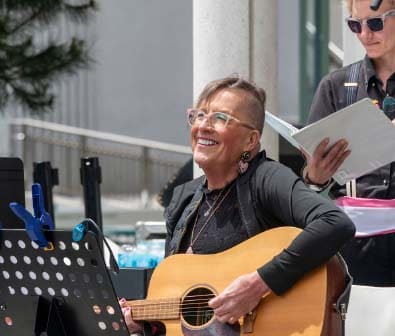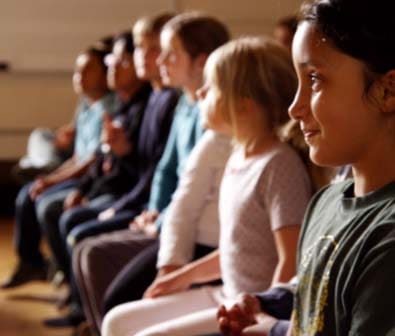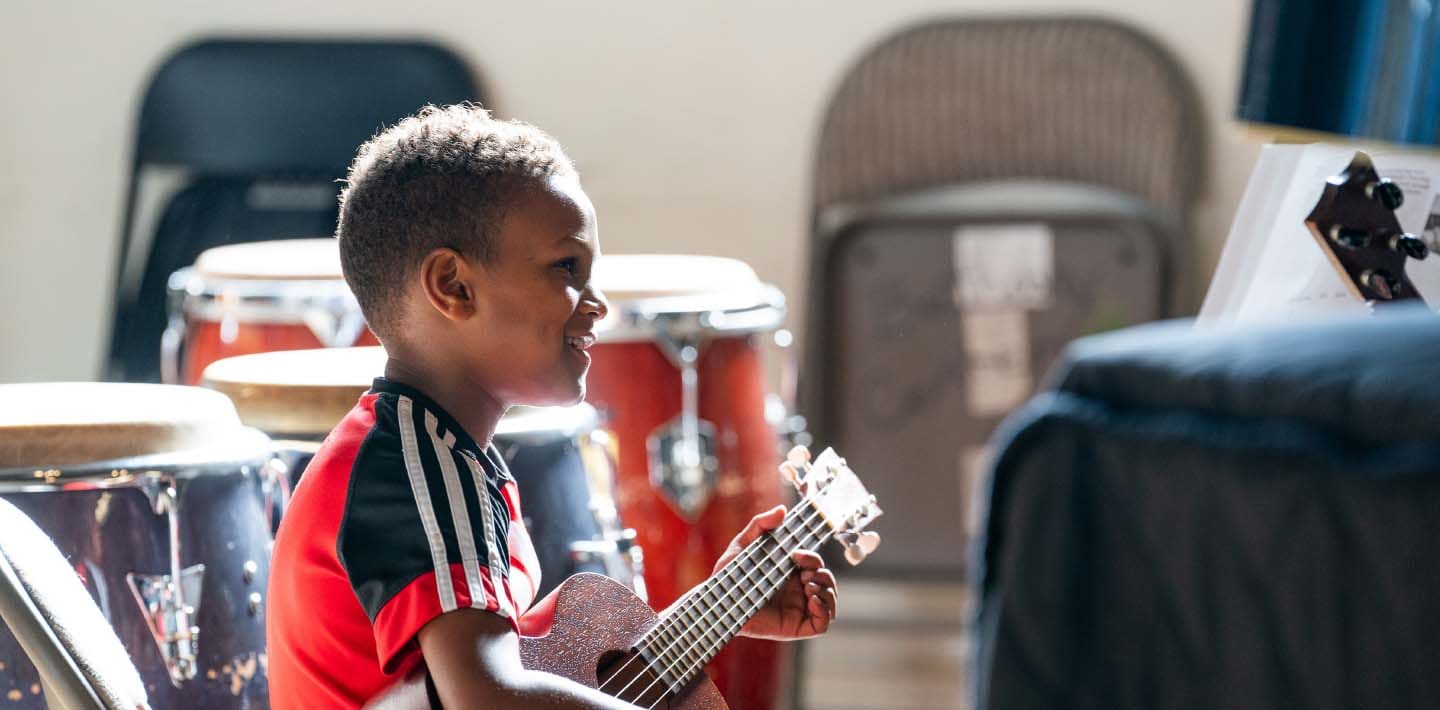
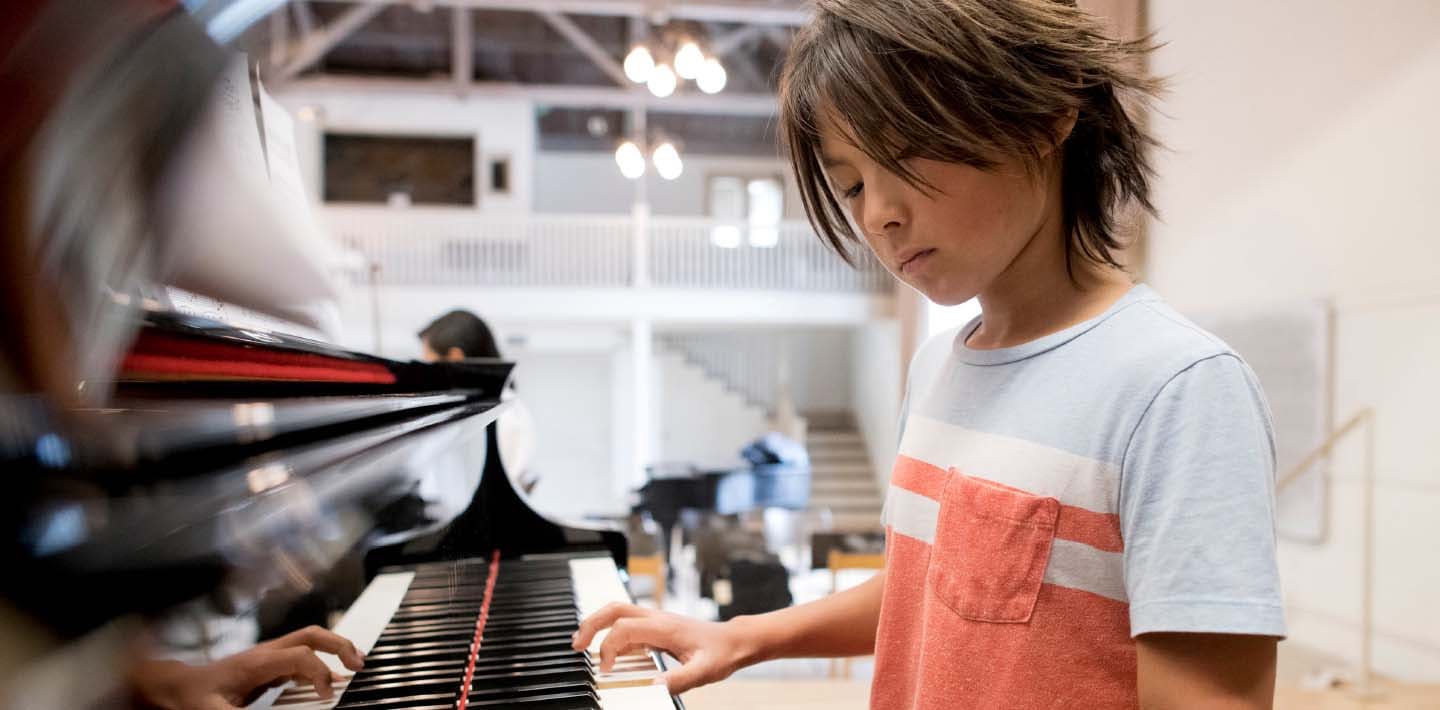
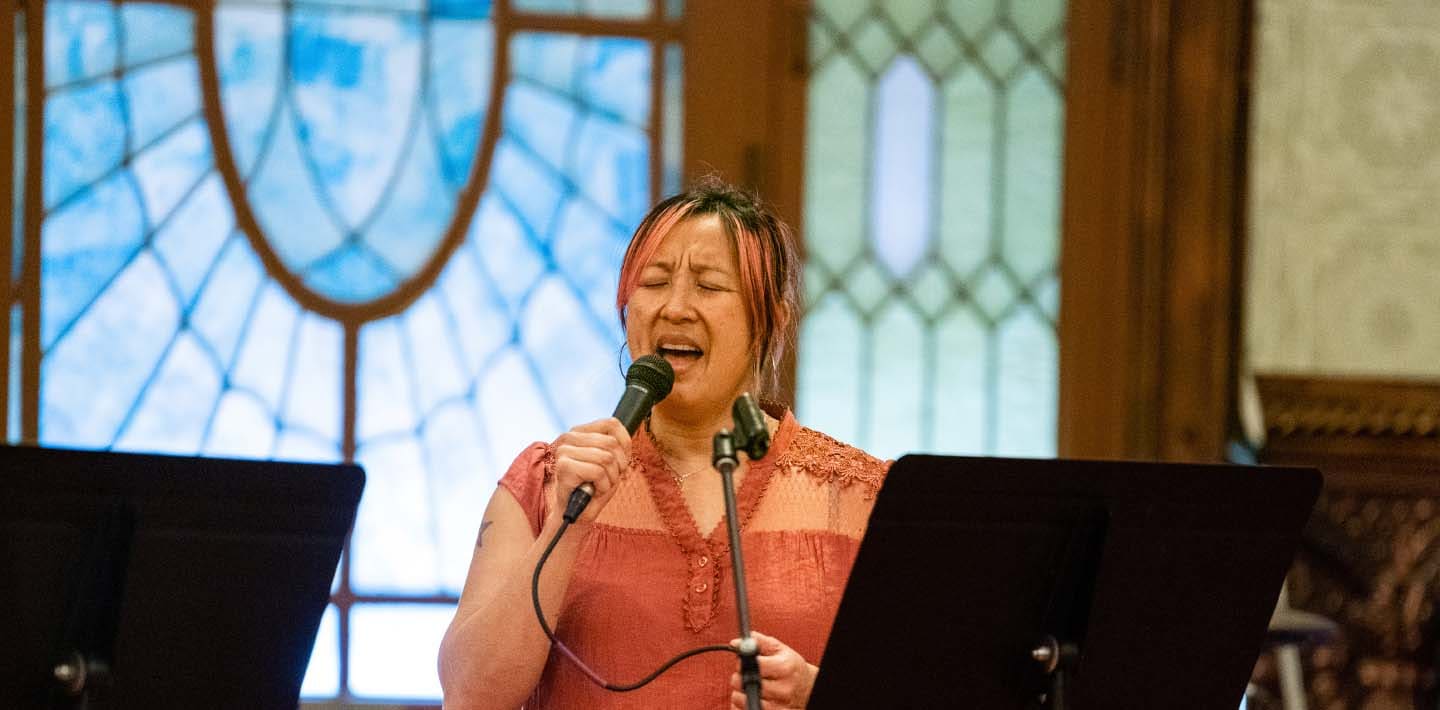
CMC Features
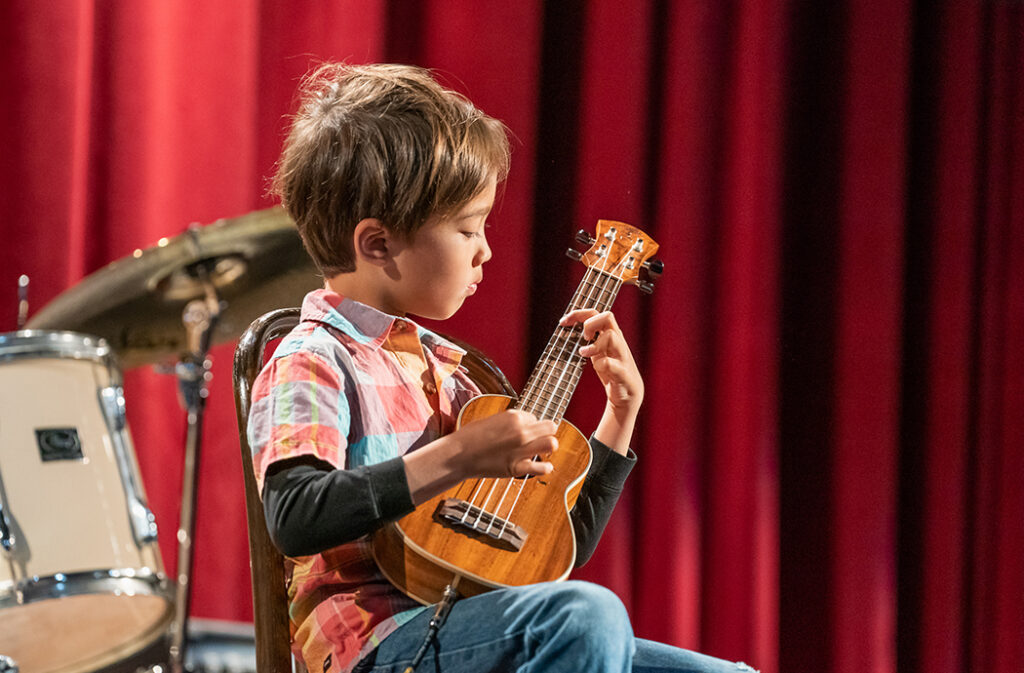
Field Day 2024, our annual performathon celebrating musical community and raising money for scholarships, is returning to CMC this June! Celebrate music for everyone with student, faculty, and commuinity performances. Field Day Performathon Saturday, June 1, 2024 11am–5pm CMC Mission District Branch Free Stay tuned for more exciting updates! Performance schedule will be released in […]
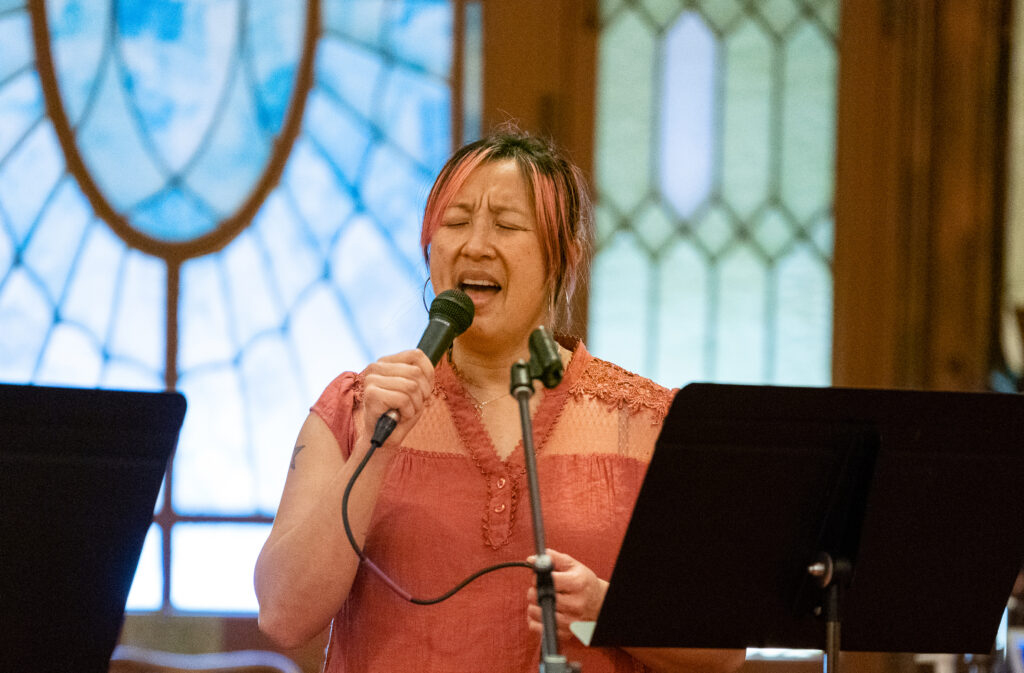
“I don’t sing because I’m happy. I’m happy because I sing.” ― William James There are few joys as accessible as singing—whether it’s singing along to the radio, joining a community choir, singing a bedtime lullaby to a child, or just in the privacy of your own shower—it’s the only instrument that’s part of yourself. […]
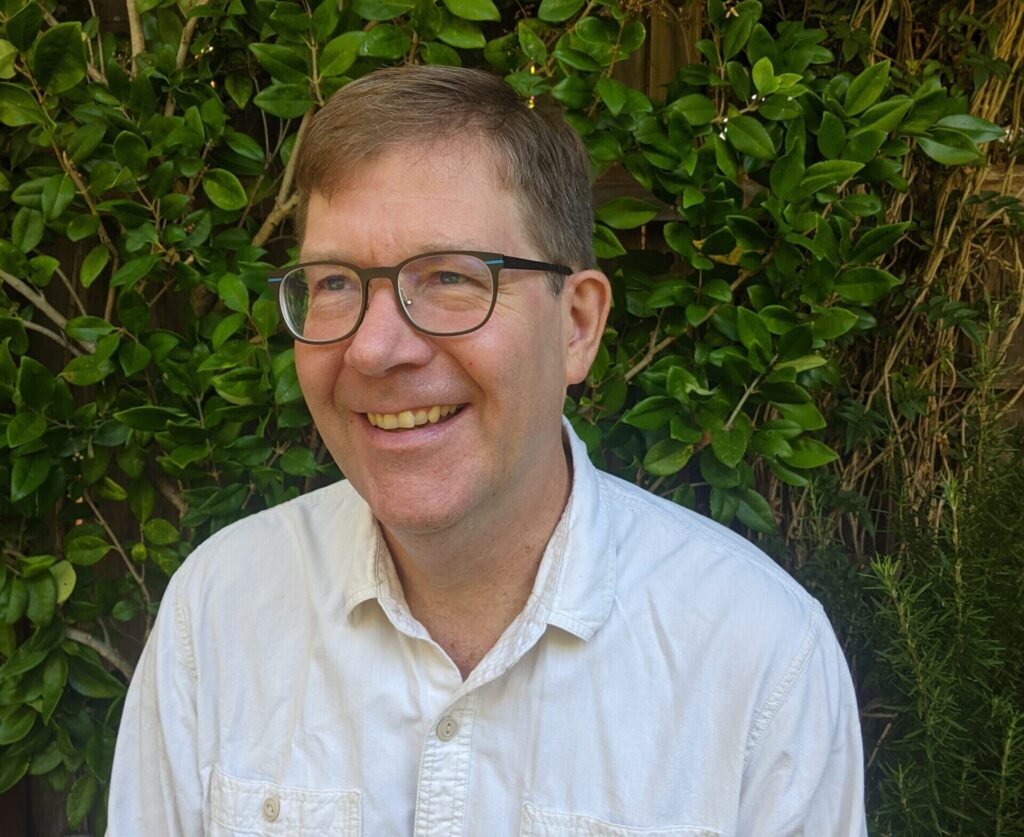
Vance Maverick, a composition student at CMC, is ready to debut his first opera this June at the CMC Concert Hall in the Mission. His path to this achievement has been marked by dedication, collaboration, and support from the community. Maverick’s passion for musical composition began at 13 when he discovered the Bach Brandenburg Concerti. […]
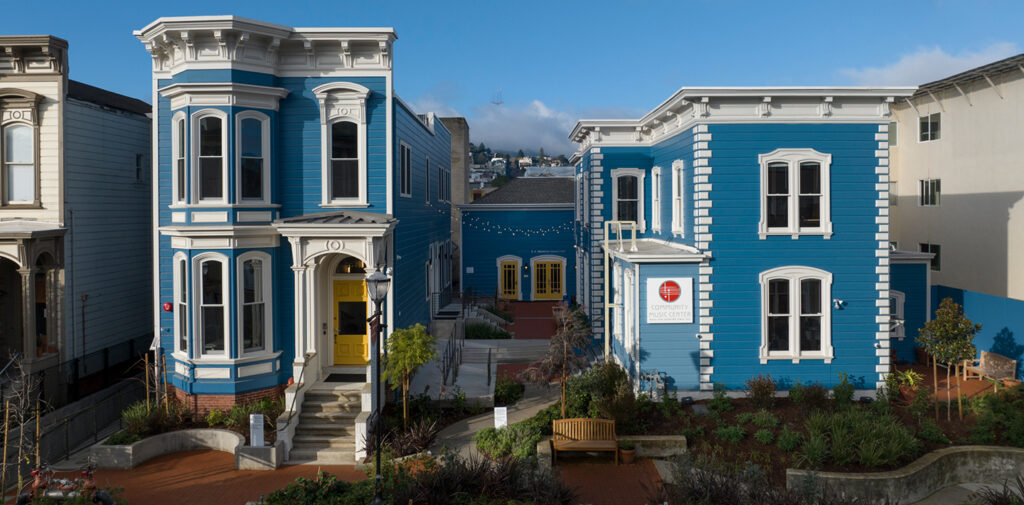
After years of planning and construction, Community Music Center’s (CMC) Expanded Mission Branch Campus is now open to the public. This eagerly awaited project aims to create a more inclusive and welcoming space for students, teachers, staff, and the extended musical family to come together and make music. Here, we share the key features you’ll […]


